The quirks and idiosyncrasies of the United Kingdom’s four nations can be quite entertaining. These differences, sometimes subtle and other times glaringly obvious, showcase a delightful variety of cultures and traditions. Let’s explore 18 amusing distinctions between England, Scotland, Wales, and Northern Ireland.
Tea Culture

As the BBC shares, and we all already know, England takes tea drinking very seriously, often paired with biscuits. Meanwhile, Scots tend to prefer their tea with a hearty scone, whilst the Welsh often enjoy it with Bara Brith, a fruit loaf. Northern Ireland stands out a lot more, though, as it is known for strong brews served with traditional Ulster Fry rather than a sweet treat.
Accents and Dialects

The variety of accents in the UK is vast, and it truly feels like dialects change every 20 miles. Scots’ rolling R’s are distinctive, the Welsh language is notoriously difficult to grasp, Northern Irish accents can be rapid and musical, and England’s Cockney rhyming slang puzzles many. Each accent tells a regional story, and we love them all.
National Dishes
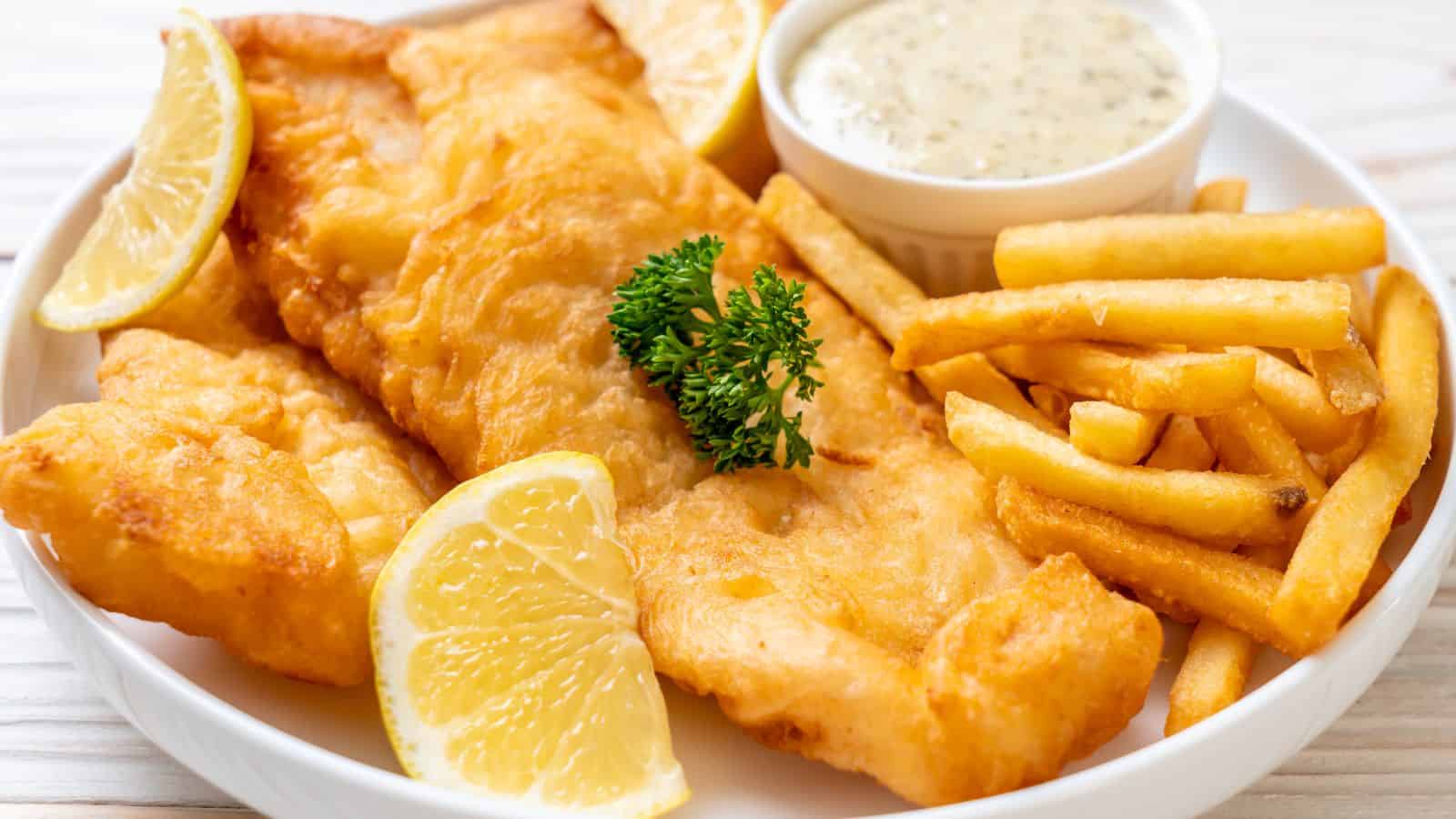
Despite the hate we get online, Great Britain has a fantastic range of national dishes. England is famous for fish and chips, which are served in newspapers traditionally. Northern Ireland’s champ, mashed potatoes with spring onions, is a comforting staple, and Welsh rarebit, which is essentially fancy cheese on toast, delights taste buds. Perhaps our favourite is the Scots’ haggis, made of sheep’s heart, liver, and lungs, making it not for everyone’s taste.
Sports Rivalries

Football fuels England’s passion, with clubs like Manchester United and Liverpool garnering huge followings. However, it’s not the only sport in town; Scotland prides itself on its rugby prowess, particularly the Six Nations, just like Wales, while Northern Ireland is keen on Gaelic football, blending tradition and sport.
National Symbols
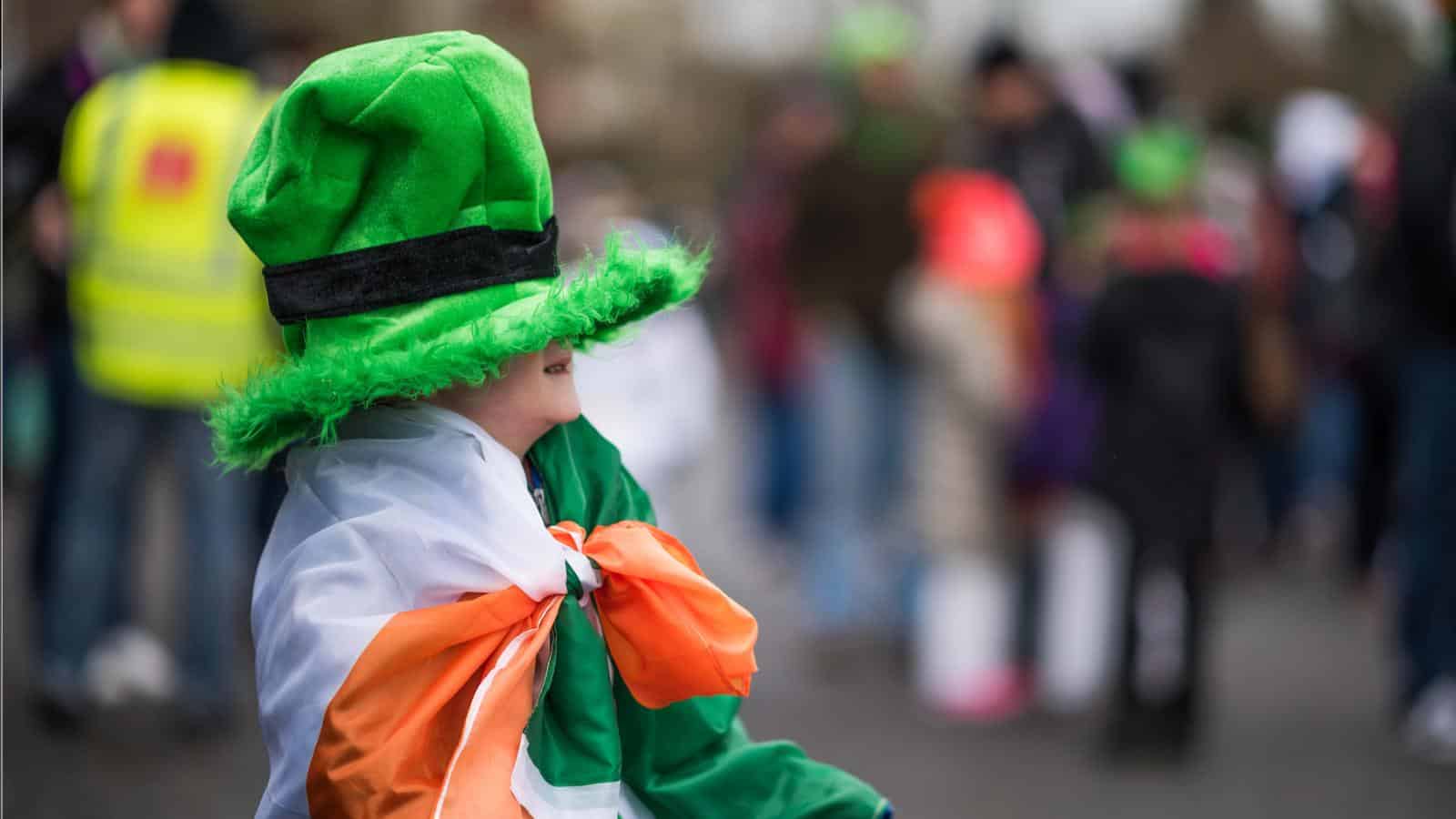
Every country within the UK has its own national symbols, such as England’s red rose, Scotland’s thistle, and the Welsh dragon, fiery and mythical. However, our personal favourite is Northern Ireland’s shamrock, often linked to St. Patrick, which signifies luck and heritage.
Festivals and Holidays
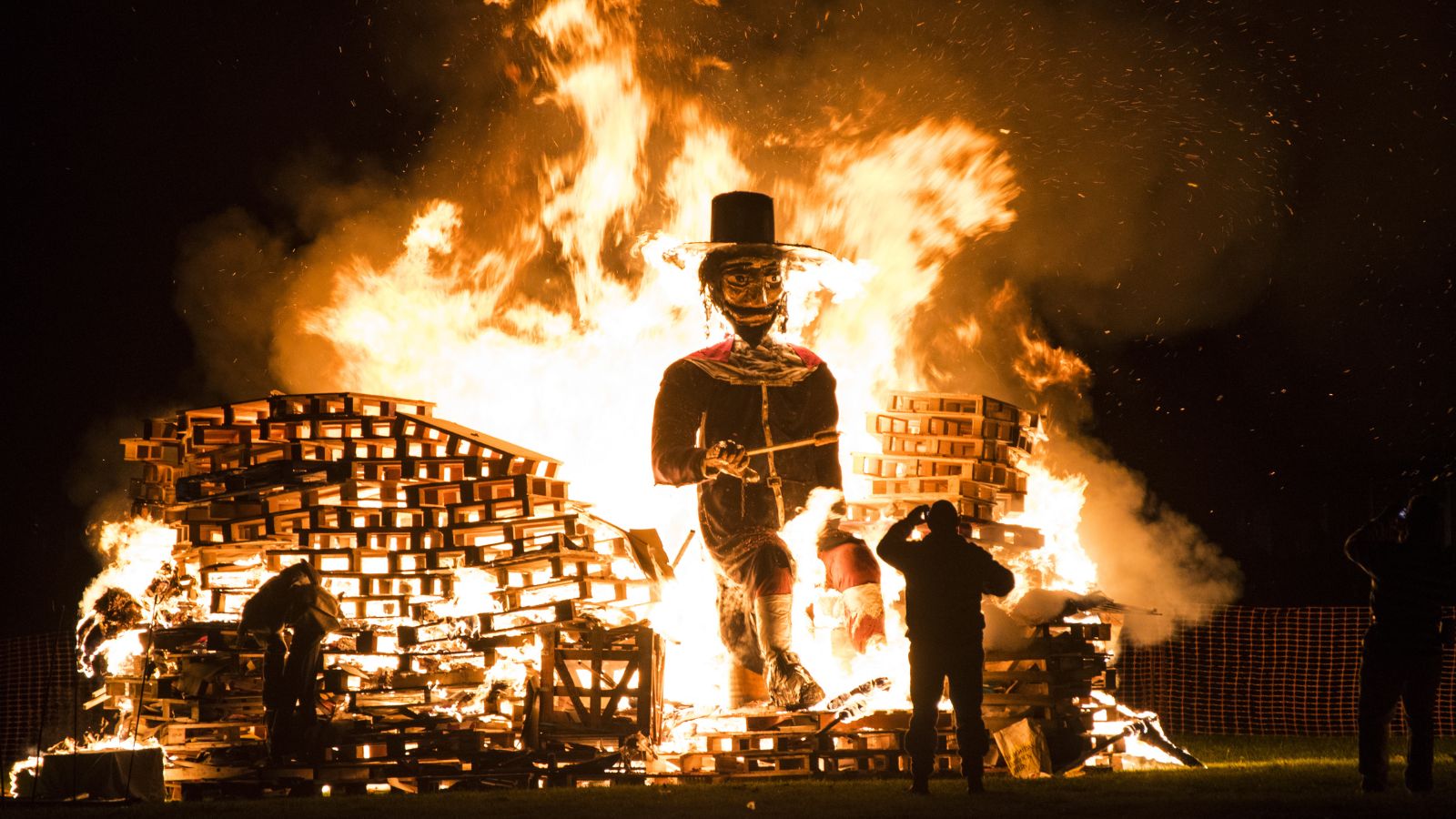
Tourists who visit our wonderful country are often baffled by the number of festivals and holidays we have. In England, Guy Fawkes Night with bonfires and fireworks stands out, while Scots love to celebrate Hogmanay. St. David’s Day in Wales sees parades and daffodils everywhere, but once again, Northern Ireland’s is our favourite–St. Patrick’s Day is marked by parades, green attire, and plenty of pints of Guinness.
Castles and Historical Sites
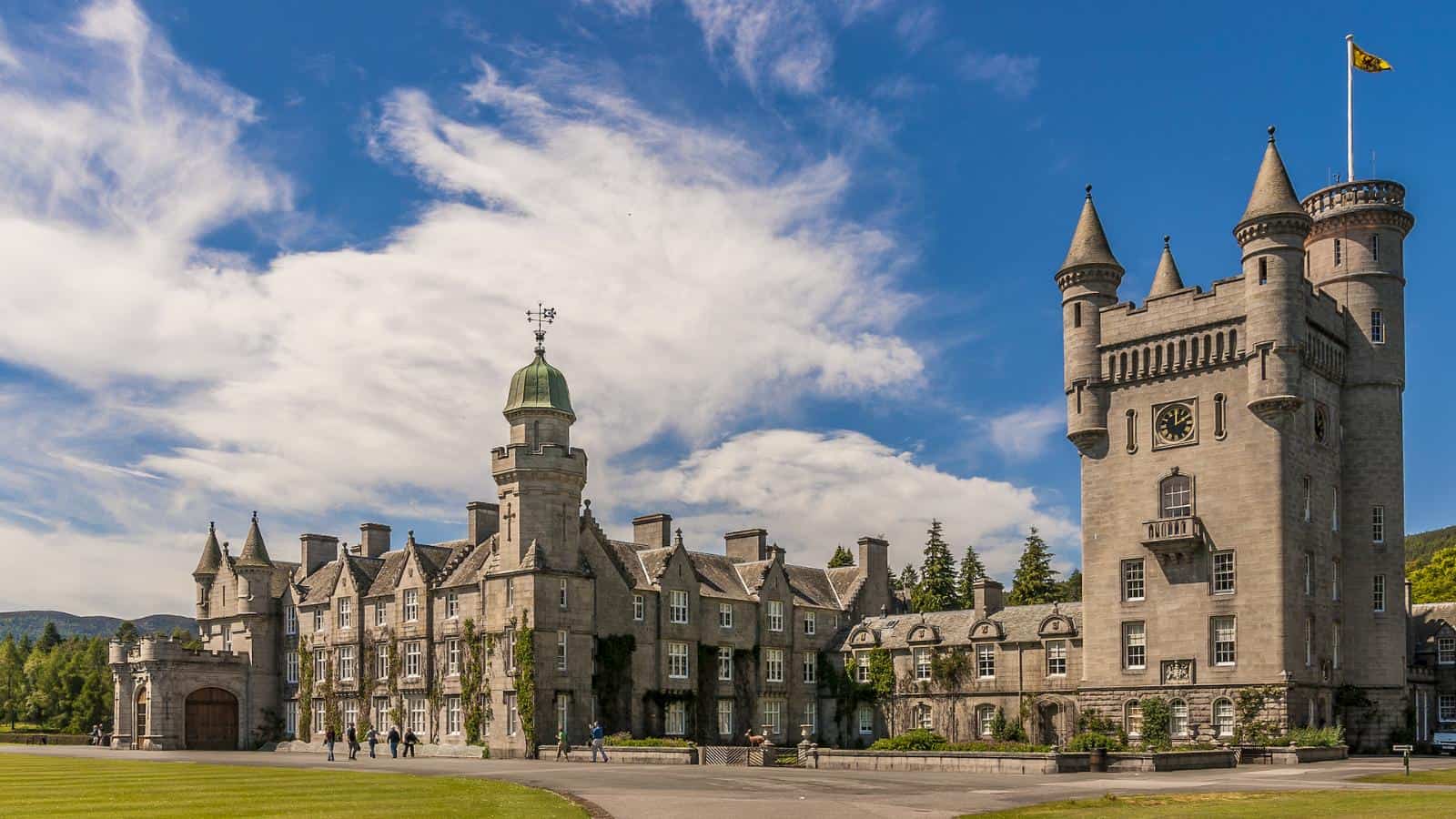
When it comes to castles, Scotland is home to the majestic Edinburgh Castle, Wales boasts Caernarfon Castle and Northern Ireland has the stunning Giant’s Causeway, a true natural wonder. However, you just can’t beat England’s Tower of London, which has a unique feeling of intrigue and plenty of spooky lore.
Musical Traditions
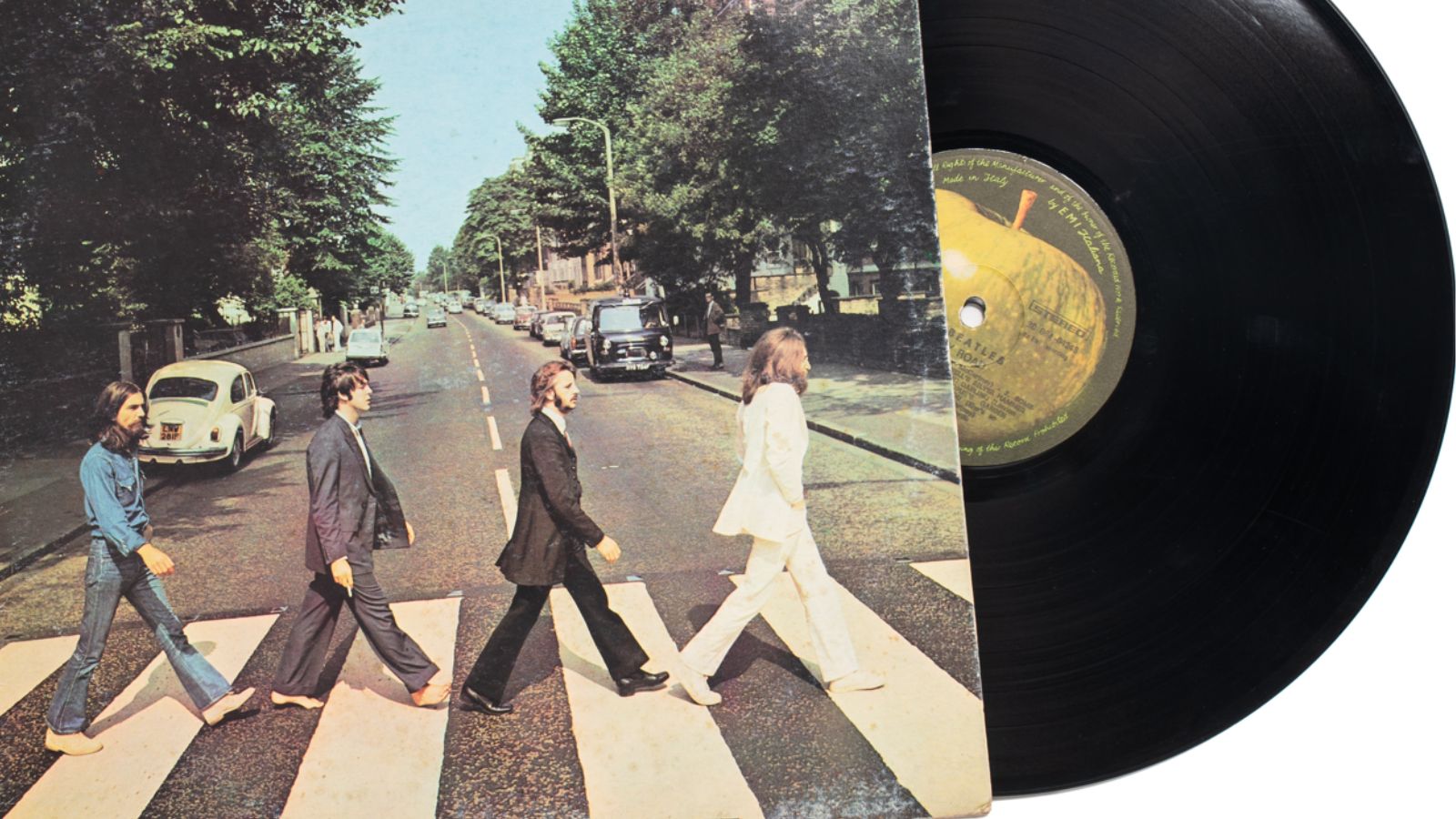
It’s impossible not to be proud of the musical history in the UK. England has produced countless iconic rock bands like The Beatles and Oasis, although even their loudest concerts will be drowned out by Scotland’s bagpipes. Northern Ireland’s vibrant folk music scene is often a favourite among tourists, but Welsh choirs are often left behind despite being so famous for their harmonious singing.
Languages

Even aside from our dialects, Great Britain has many unique languages. Wales, in particular, is very proud of its native Welsh language, which is starting to make a resurgence. Scotland has Gaelic, although sadly, it’s dying out, while Northern Ireland’s Irish Gaelic is more common. Even England has its own languages, with the most notable being Cornish.
Legendary Figures
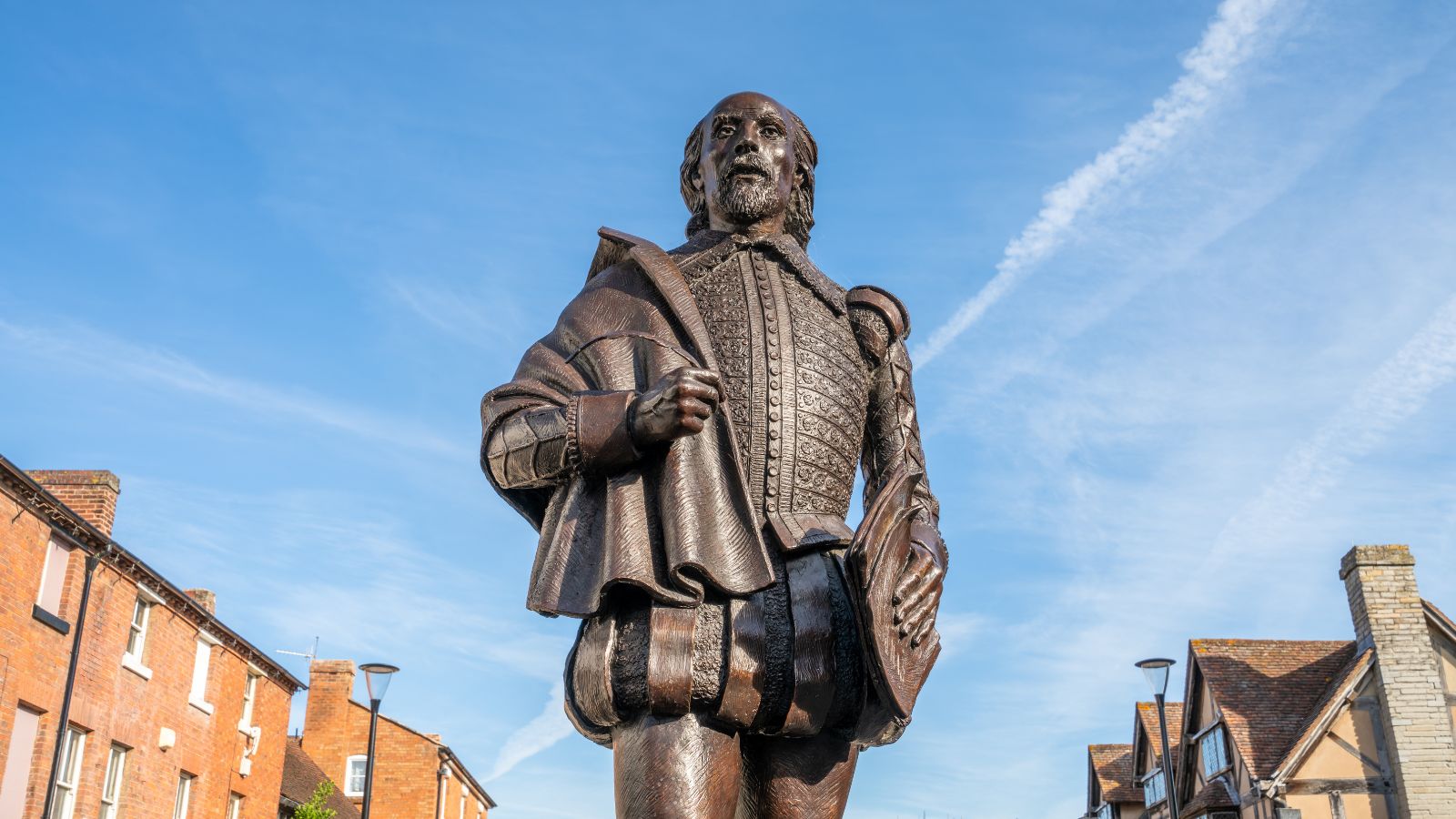
When it comes to the legendary figures of the UK, Scotland celebrates the legacy of Robert Burns, a poet of great renown, while England honours Shakespeare, the legendary playwright. Wales remembers Owain Glyndŵr, a national hero, and Northern Ireland celebrates figures like C.S. Lewis, the famed author of “The Chronicles of Narnia.” There’s no denying that all of these figures are legendary in their own ways.
Unique Foods
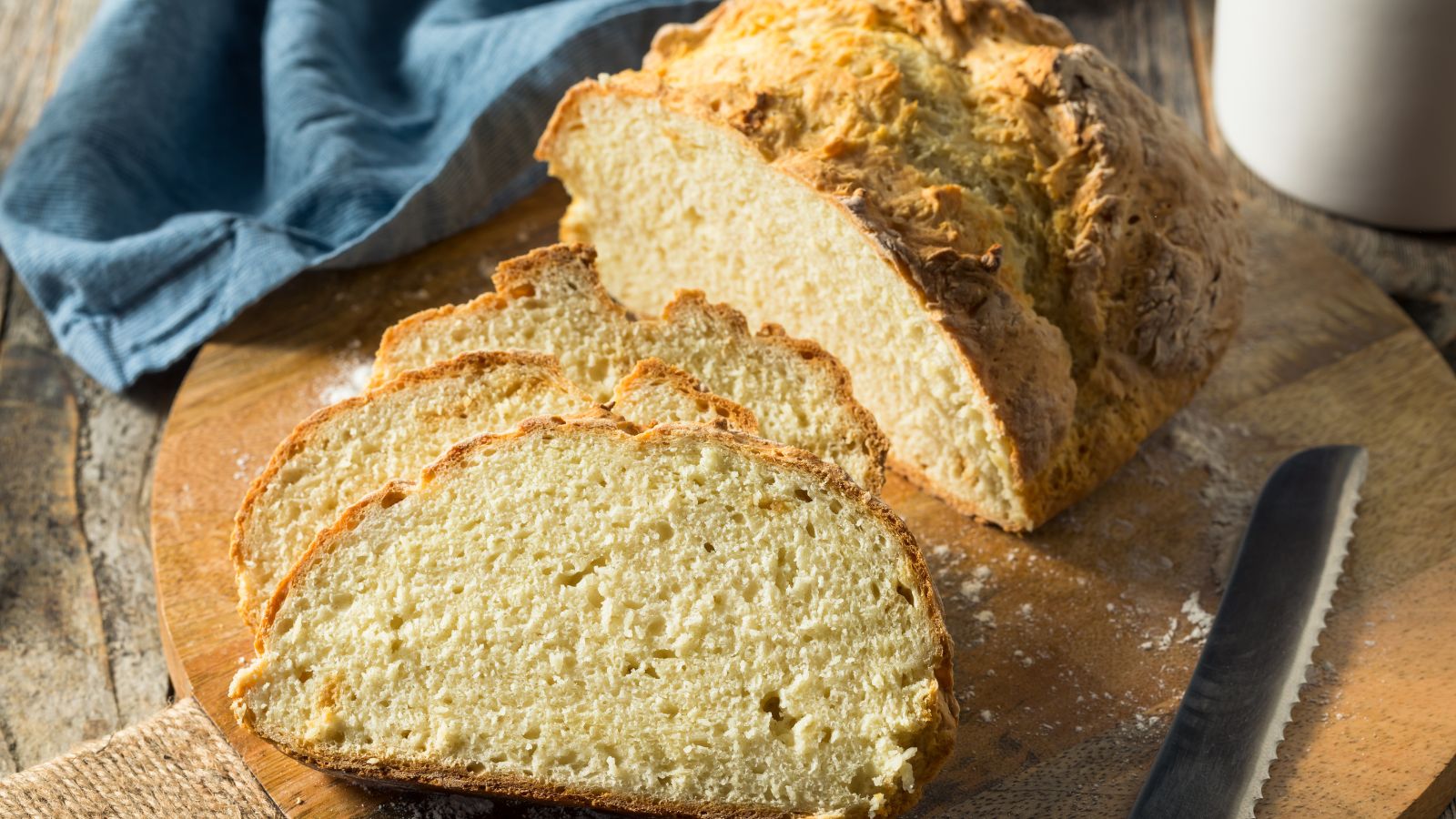
Aside from our national dishes, there are plenty of other unique foods to be found in the UK. Wales has laverbread, a seaweed delicacy, and Northern Ireland’s soda bread, which is a staple, often enjoyed with butter and jam. Scotland does offer cranachan, a delightful dessert with raspberries and cream, but let’s be honest–you just can’t beat England’s full English breakfast, which is always a hearty start to the day.
Education Systems

Here in Great Britain, we’re very proud of our education systems, all of which are excellent but unique in their own ways. Scotland’s education system includes unique features like the Curriculum for Excellence, which many find confusing compared to England’s broader national curriculum. Confusingly, Northern Ireland’s system emphasises the 11-plus exams, while Wales focuses on bilingual education, promoting both Welsh and English languages in schools.
Regional Politics
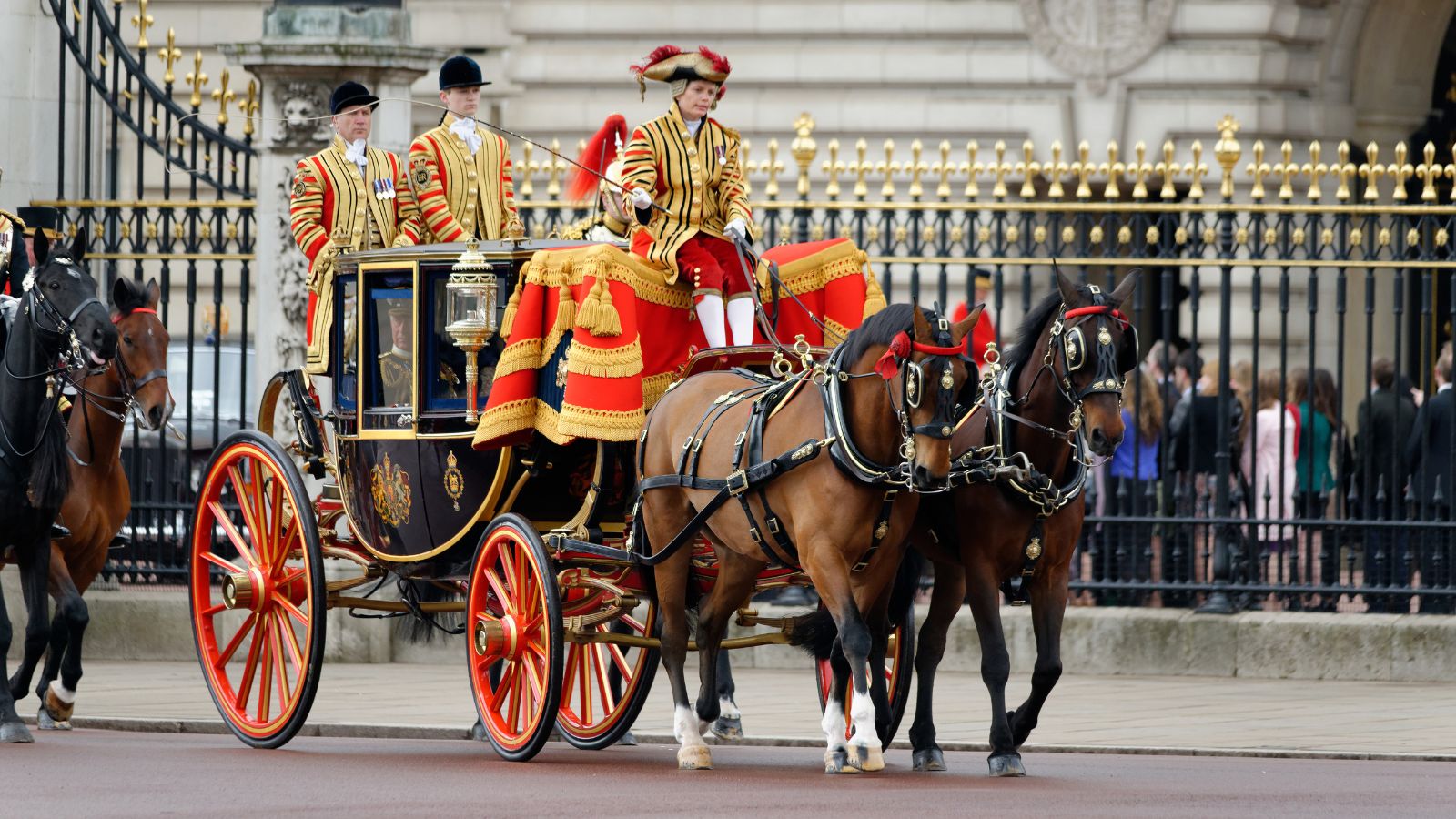
A lot of people get caught up in the House of Commons, forgetting that Scotland has its own Parliament in Holyrood, Wales has the Senedd, its national assembly, and Northern Ireland’s Stormont is also key in regional governance. However, England does have the largest of the four, much to the frustration of the Scots, Welsh, and Irish.
Cultural Festivals
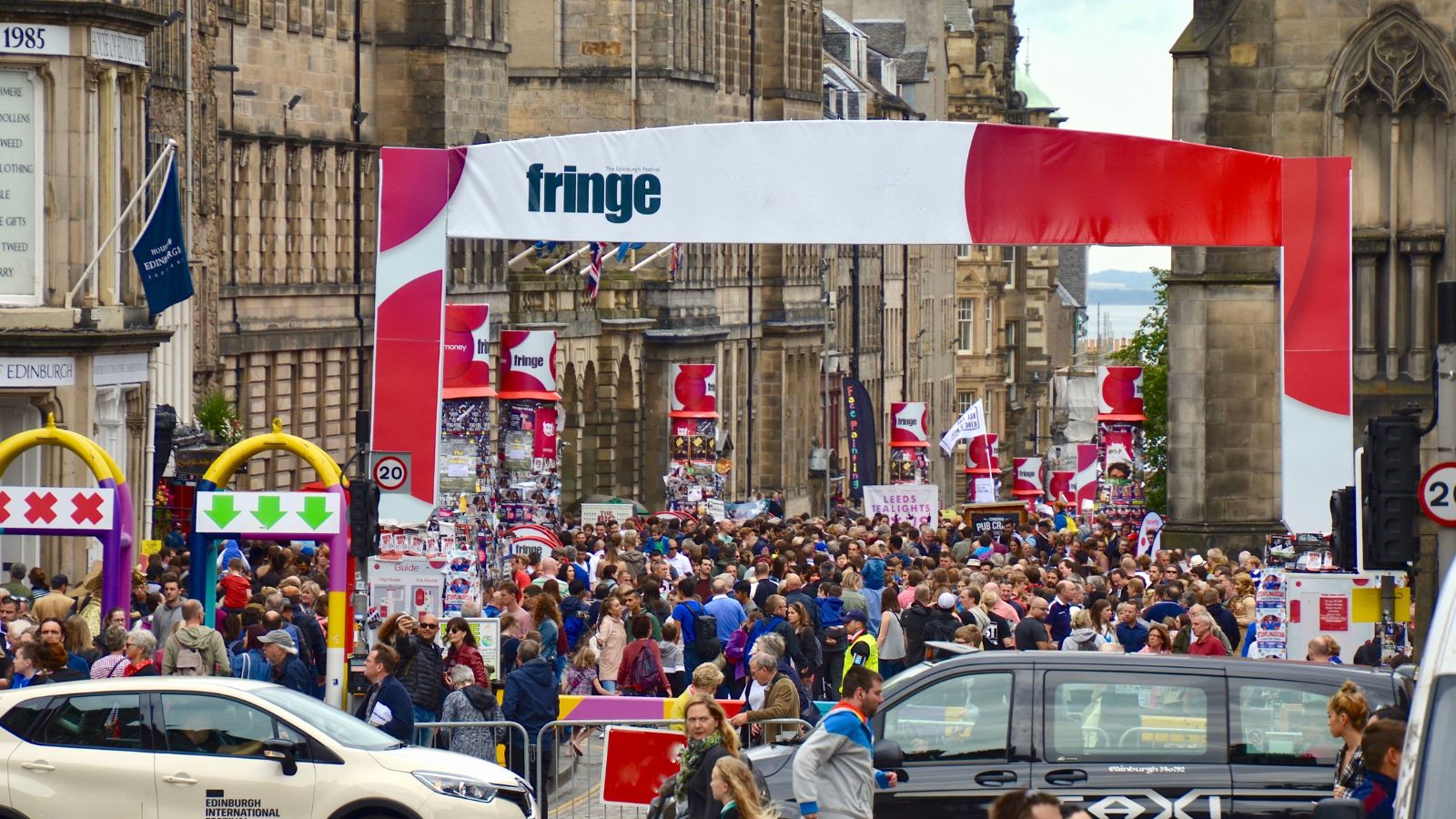
All four British nations boast some highly prestigious cultural festivals, and if you’ve not checked them all out, it’s time to change that. You’ve probably visited Scotland’s Edinburgh Festival Fringe and maybe even England’s Glastonbury Festival. However, don’t forget about Wales’ Eisteddfod, which celebrates Welsh culture and language, and Northern Ireland’s Belfast Film Festival.
Architectural Styles
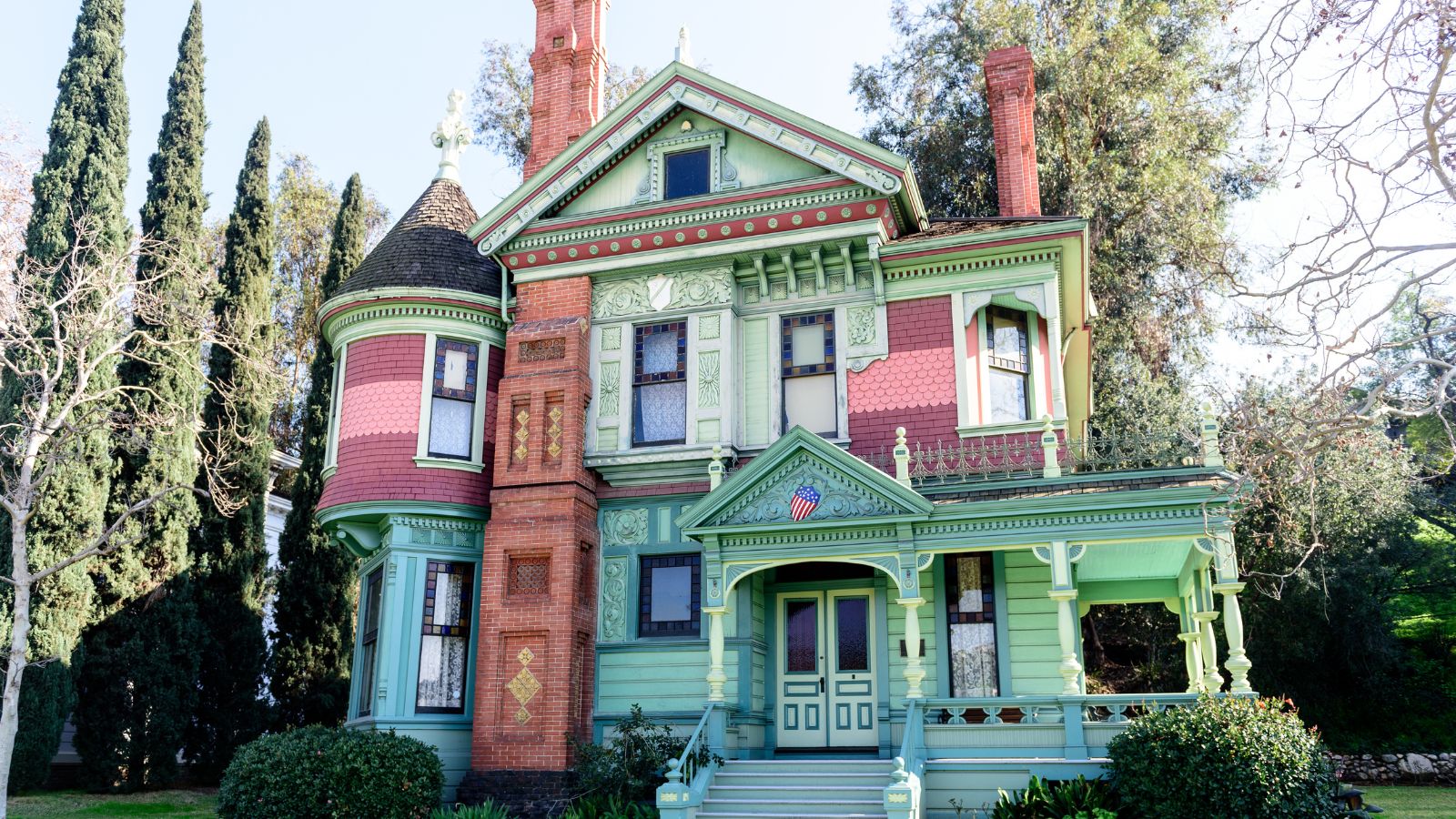
Scotland’s architecture includes grand castles and sturdy stone buildings, while England’s Georgian and Victorian styles are prominent in cities like Bath and London. Meanwhile, Northern Ireland features beautiful coastal cottages, and Wales showcases traditional stone cottages and medieval fortresses. Either way, any Brit will agree that we’re rather proud of our stunning shared architecture.
Humor and Slang

When it comes to humour and slang, it’s everywhere in the UK; Scots are known for their dry wit, cleverness, and dark overtones, while Northern Ireland’s banter is fast-paced and sharp. Wales probably has the most wholesome, albeit self-deprecating humour, but our favourite simply has to be England’s Cockney rhyming slang, which is always a laugh.
Traditional Clothing
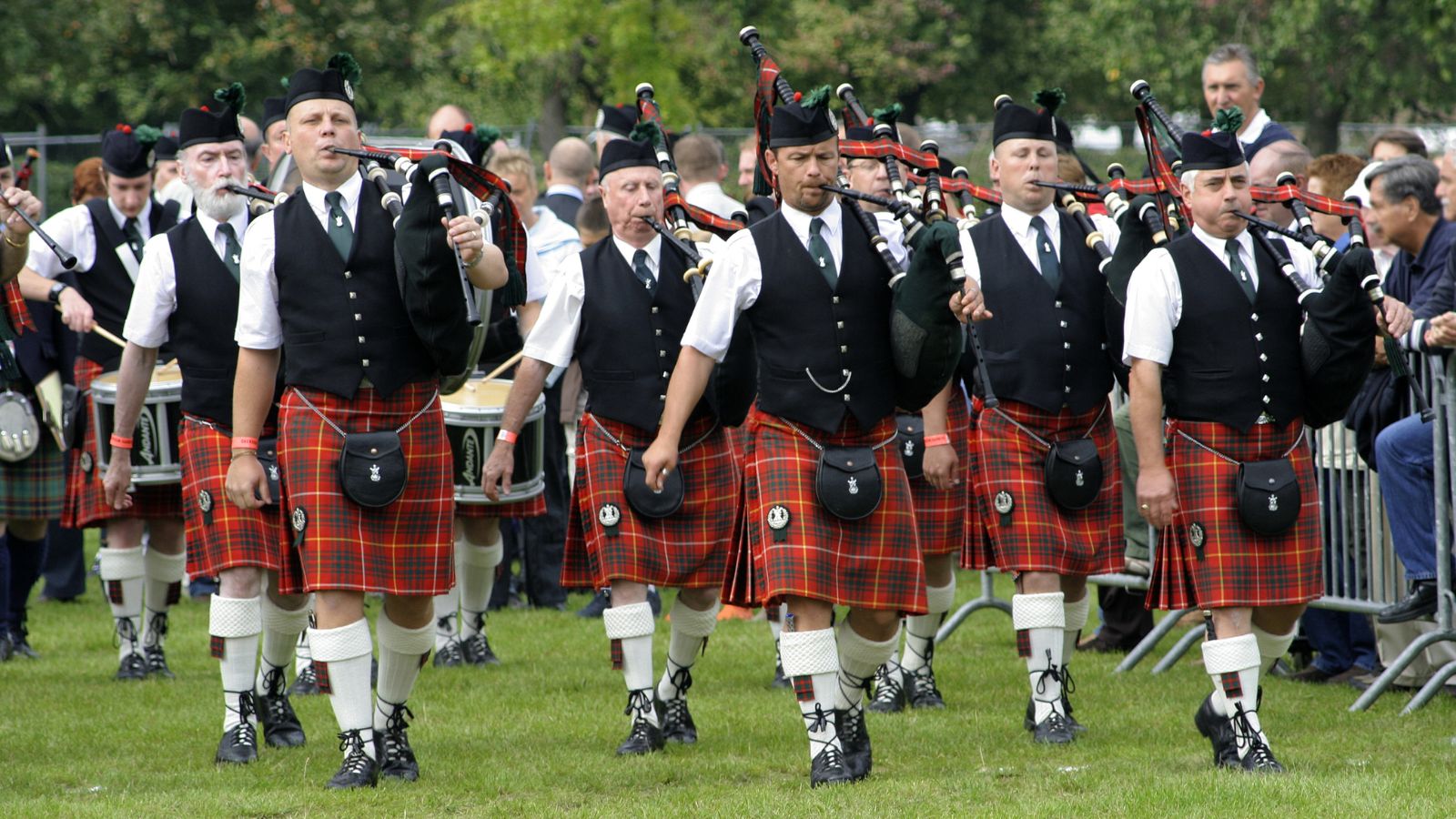
Perhaps the biggest difference between England, Scotland, Wales and Ireland is our traditional clothing, which Scotland absolutely wins with its kilts. However, don’t forget that Wales has its own traditional dress, Northern Ireland has its tweed and flat caps, and England still holds pride in its bowler hat, which still appears from time to time.

